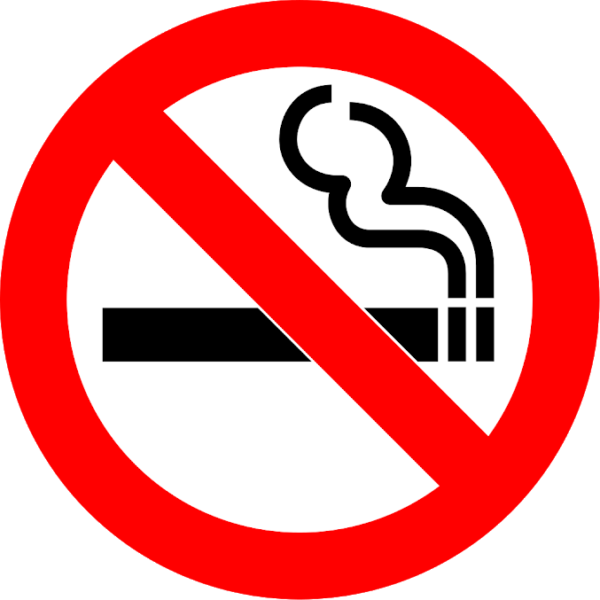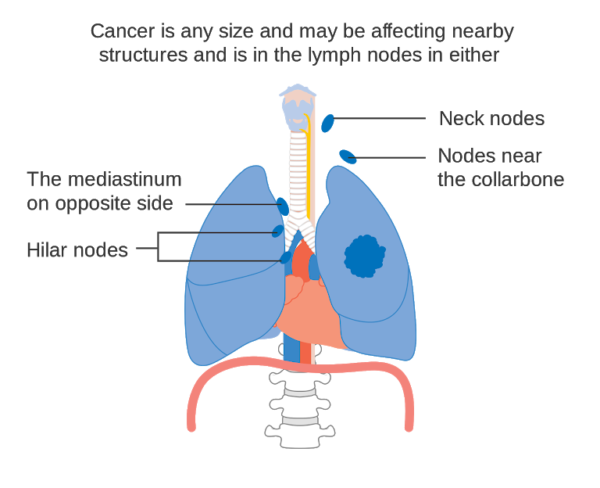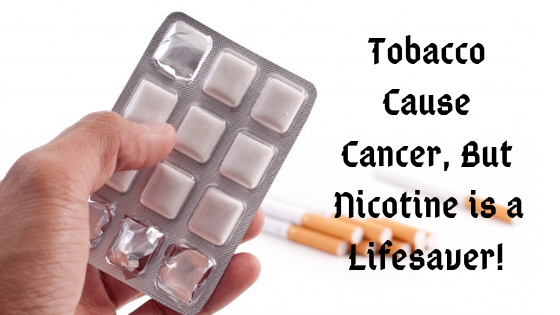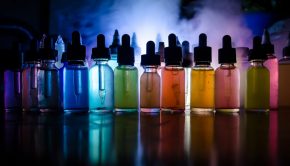Tobacco Cause Cancer, But Nicotine is a Lifesaver! How?
The fact that tobacco is harmful to health, have known for a long time. Experiments have shown that animals die under the action of nicotine. In the human body, there is no organ that has protection from exposure to tobacco smoke and in each of them can develop an oncological process.
90% of lung cancers are caused by smoking. In some regions, the tobacco leaves are chewed, and in a very crushed form, they smell. Studying the harm of smoking, scientists divided the cigarette far and wide, examined under a microscope and created nicotine replacement therapy, which gave impetus to smoking alternatives.
How Tobaco Causes Cancer?
Dried and shredded tobacco leaves are the basis for the manufacture of tobacco products like cigarettes, cigars, cigarettes, as well as chewing, snuff and pipe tobacco. The chemical composition of the treated tobacco leaves contains from 0.3 to 5% nicotine. The fact that smoking is harmful. After the first puff, the smoker begins to tickle in his throat, there is a cough and nasty taste in the mouth.

Smokers aged too early and accumulate a whole bunch of diseases, among which are the most common heart and lung diseases. In addition to serious harm to health, smokers also cause damage to their appearance and teeth to deteriorate. On top of that, unpleasant smell from the mouth, which every time you need to mask chewing gum and other means to freshen breath.
Tobaco Cancer Types
What types of cancer can be called the most “Tobacco-Dependent”?
In smokers, the risk of developing oral cancer is 18 times higher than that of non-smokers, and lung cancer is 17 times higher. Malignant tumor of the larynx at eleven, and the bladder and pancreas are twice as common in smokers than in non-smokers. Brain tumors and cervical cancer in supporters of this addiction are also more common.
Many say that lung cancer is the privilege of smokers. According to statistics, out of a hundred people who suffer from lung cancer, only two people do not smoke. That means 98% people are smokers those are suffered from this cancer. Mortality from lung cancer among smokers is 20 times higher than among non-smokers.
Risk Factors
What other risk factors may contribute to the development of Lung Cancer?
Lung cancer is especially at risk for people who smoke more than one pack of cigarettes or vape Redlands in a day; suffering from obstructive bronchitis or previously undergoing pulmonary tuberculosis. The effect of after this, scars have remained people with a genetic predisposition (blood relatives had cancer of any organ).

In addition, there are professions where the risk of lung cancer is greatly exceeded. In this case, smoking further increases this risk by an order of magnitude. For example, smokers who deal with asbestos-containing substances are extremely at risk of leaving this world with lung cancer or colon cancer.
Diagnosis of Diseases
How difficult is it to detect lung cancer in the initial stage, when the chances of recovery are high?
Diagnosis of this pathology today is well developed and quite simple. It is possible to detect even small tumors in the lungs using fluorography. For the diagnosis of X-ray negative lung cancer, when there are no changes in the lung yet, bronchoscopy with smears and washes from bronchi is used. People at risk of lung cancer should undergo such tests annually.
How Nicotine is a Lifesaver?
Nicotine is an alkaloid found in tobacco and other plants of the nightshade family like potatoes, tomatoes, eggplants, and bell peppers, albeit in much smaller quantities. Chemically, nicotine is a hygroscopic oily liquid with an unpleasant odor and burning taste. This substance is also a highly active neurotoxin, especially in relation to various insects. Therefore, it is often used in the composition of various insecticides.
The main drug component of tobacco, nicotine, is included in various cigarettes. These substituting agents (nicotines) used in medicine for the treatment of tobacco dependence. These funds are available in the form of chewing gum, patches and inhalers.
Nicotine Dosage
The lethal dose of nicotine for a person is equal to 0.5-1 mg per kilogram of its own weight. In small doses, it has a stimulating effect on the nervous system, increases blood pressure, and in large doses, it is Busy soothing (sedation, inhibiting effect). One of the best options to inhale the less nicotine is the usage of tally ho e juice and Atty lube e juice.
Nicotine Actions
Nicotine can enter the body in various ways: through the skin, lungs, mucous membranes. When penetrating the blood through the lungs, nicotine spreads very quickly and overcomes the blood-brain barrier. On average, after inhalation of tobacco smoke, it is enough for 5-10 seconds for nicotine to reach the brain. In addition, nicotine contributes to an increase in the brain concentration of one of the pleasure hormones, dopamine.
Useful Properties of Nicotine
- Nicotine and its derivatives, cotinine, and nornicotine, and even water extract of cigarette tar prevent the development of cancer caused by tobacco smoke carcinogens.
- Nicotine suppresses the state of acute painful craving for drugs and can be used for the treatment of drug addiction in the long term and nicotinic acid (vitamin B3) breaks down and removes LSD, marijuana and other drugs from the body.
- Nicotine is an antidote to chemical weapons, the chemical agent ricin.
- Nicotine enhances mental performance and accelerates the processing of information in non-smokers.
- Nicotine doses in which it is contained in cigarettes has a powerful anti-estrogenic effect, which stops the risk of developing fibromatosis and endometrial cancer.
- Nicotine has a beneficial effect on the course of Parkinson’s disease. Therefore, plans to create a cure for parkinsonism based on nicotine.
- The main product of nicotine conversion in the body improves memory and treats Alzheimer’s disease.
- Nicotine prevents memory loss in old age, improves attention, cognitive, and the speed of information processing.
- Nicotine stimulates blood circulation, the restoration of blood vessels, and therefore can be used for wound healing and treatment of diseases associated with impaired blood circulation and diabetes.
- Nicotine reduces the appetite and effect of alcohol.
- Nicotine is an effective means of normalizing body weight.
- Nicotine helps in the treatment of chronic inflammatory bowel disease, due to its anti-inflammatory properties, improves peristalsis of the intestine, stimulates the formation of the protective layer of mucus.
- Nicotine is effective even against those tuberculosis bacilli that have become resistant to antibiotics since the widely used anti-TB drug isoniazid is a derivative of nicotine.
- Nicotine saves from depression, suppresses the symptoms of schizophrenia.
- Nicotine improves coordination, the speed of reaction and endurance, which allows using it in sports as a non-prohibited drug.
Nicotine is unique compared to most drugs since the nature of its action changes from stimulant to sedative as the dose applied increases.
Conclusion
The above-mentioned perspectives include that to seek and receive accurate information regarding health issues. This information is useful and especially relevant for consumers those who have consumed cigarettes on the regular basis. So, look for different ways to stop tobacco or to switch to less harmful nicotine-based alternatives like johnson e juice.
Author Bio
Krista Oneil is a Blogger at Vapors. She loves writing about vaping flavours like vape juice, e juice, vape Redlands and so on. She is good at her job and passionately writes for Brands and helps in building their fame. Follow her Instagram for the latest updates.















